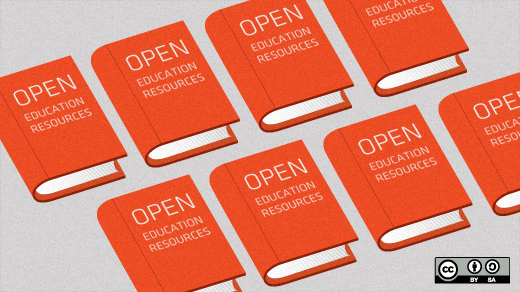Ahrash Bissell, project manager for the Monterey Institute for Technology and Education and former executive director of ccLearn (the education division of Creative Commons), posited to the attendees of the Open Education Conference that worrying about OER licenses puts the focus in the wrong place.
"If you follow the writings of people in this space, there are regular debates about why the noncommercial term is evil, or how the global commons must have a sharealike clause," he said. "It's part of the definition of OER to have a licensing element, but that's the only defining feature--it gives people permission to do things." Then when you ask how to produce OER, get it into school systems, and produce sustainable business models, the licensing becomes more of a distraction.
Open education resources are special because of the ability to adapt them and spread them. If the goal is to promote a pool of resources where anyone--publishers, teachers, consortia--can take them, change them, and republish them, then the license must make that "vanishingly simple," as Bissell put it. He asserted that the CC-BY license, and not even the public domain, which is more complicated than it seems on the surface, is the only way to do that.
An audience member from MIT OpenCourseWare noted that the legal environment has changed over the short history of OER from treating them as behaving and acting like publishers to one of being regarded as educators. She said that this reduces the importance on a specific license because legal recognition continues to catch up to the implementation.
Another audience member questioned the proliferation of resources that open licenses allow. "If we have a plethora of derivatives, there's no source control like there is with open source software--what are the relationships among those derivatives? Are they all equal? How does someone choose one?" he continued.
"There are a lot of resources out there with a license that entitles you to do something, but when you look at the thing you've been given, the odds that you can derive it, or do something interesting with it are quite low," Bissell said. "Do you think there's any obligation on the part of an OER producer to match what's been legally entitled with the format--the way the product is delivered--so that those legal abilities can be capitalized on?" he asked the audience, giving the example of an openly licensed video lesson--that's a difficult format to adapt significantly.
What do you think? Is the license the most important factor in open education resources? Or should we be focusing more energy on other aspects?







1 Comment